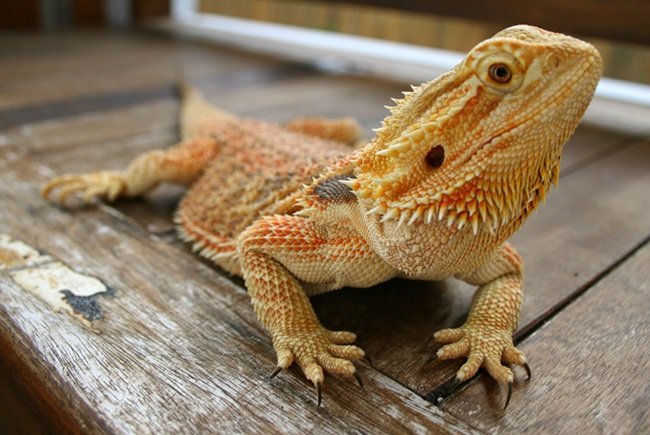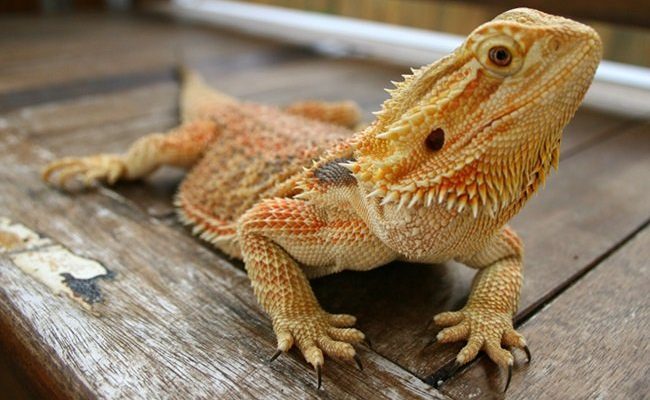
The good news is that bearded dragons, those fascinating lizards that have become popular pets for their friendly nature, are mostly legal across the United States. However, there are some exceptions that can leave even the most seasoned pet owners scratching their heads. So, let’s dig into the details. I’ll break it down for you, state by state, and explain why understanding these laws matters.
Why Legal Restrictions Exist
When it comes to pet ownership, laws can seem a bit random sometimes. But the truth is that most states put these regulations in place for a good reason. Legal restrictions on owning certain animals help protect native wildlife and ensure public safety. Bearded dragons, originally from Australia, are often not considered a threat to the local ecosystem, which is why they’re allowed in most places.
However, states can have varying laws based on local wildlife regulations. Some places are stricter about exotic animals simply because they want to prevent any potential issues. For example, if an exotic pet escapes or is released, it can disrupt the existing ecosystem. This is especially true for states with unique habitats. So, understanding your state’s regulations is not just about being a responsible pet owner; it’s about helping your local environment, too.
Bearded Dragons: Overview of Their Care
Before diving into the legality issues, it’s important to understand what owning a bearded dragon entails. These reptiles are known for being relatively low-maintenance compared to other pets. They’re often described as *easy-going* and *friendly*, which is why many first-time reptile owners are drawn to them.
Their care involves setting up a suitable habitat with the right lighting, heat, and diet. Think of it like creating a tiny, mini-oasis for your new scaly friend. You’ll need to keep their enclosure clean and provide a balanced diet that includes live insects and fresh vegetables. It’s a bit like being a chef, where you must find the perfect mix of flavors to keep your bearded dragon happy and healthy.
Also, bearded dragons enjoy human interaction. They can be surprisingly affectionate and will often bask in your company, making them a delightful addition to your household.
State-by-State Legal Status
So, how do states differ when it comes to allowing bearded dragons? Here’s a basic rundown of their legal status across the country:
- California: Legal with no special permits needed.
- Florida: Legal, but there may be regulations regarding breeding.
- New York: Legal, but it’s essential to check local laws in cities like New York City.
- Texas: Legal—Texas loves its reptiles!
- Alaska: Generally legal, but check for specific local restrictions.
- Massachusetts: Bearded dragons are legal but must be purchased from licensed breeders.
- Hawaii: Illegal due to strict laws on exotic pets.
While this list isn’t exhaustive, it gives you a good idea of where to start. Always check with local wildlife agencies or your state’s Department of Natural Resources before jumping into pet ownership.
Understanding Local Laws and Regulations
Navigating the legal landscape of pet ownership can feel overwhelming, especially when laws vary so much from one state to another. For bearded dragon lovers, it’s important to be aware of any city or county regulations that may also affect ownership.
For example, some urban areas might have stricter rules than rural areas. If you’re in a city, make sure to check any pet ordinances as well. You can often find this information online, or you could call your local animal control office. It’s better to get it straight from the horse’s mouth, so to speak, than risk running into legal trouble later.
It might also be helpful to connect with local reptile groups or forums online. These communities often have the latest information on where to find legal advice or even details about local breeders.
Getting Your Bearded Dragon Legally
Once you’ve confirmed that you can legally own a bearded dragon in your state, the next big question is where to get one. Whether you choose to adopt from a local rescue, buy from a licensed breeder, or even explore local pet stores, make sure to do your homework.
Here are some tips:
- Research breeders: Look for reputable breeders who follow good husbandry practices to ensure healthy animals.
- Ask questions: Don’t hesitate to ask about the dragon’s health, diet, and care.
- Check for permits: In states that require them, ensure that the breeder has the necessary permits.
Ensuring that you’re sourcing your bearded dragon legally and ethically can help you start this new pet-parent journey on the right foot.
Why It Matters to Stay Informed
Understanding the legal aspects of pet ownership, especially for exotic animals like bearded dragons, might feel like a bore at times. But here’s the thing: staying informed saves you from unexpected headaches down the road.
Imagine falling in love with your new pet only to find out you have to give them up because you didn’t check the regulations. It’s not just about legality; it’s also about ensuring the well-being of your new friend. Being knowledgeable means you can provide a stable, safe environment for your bearded dragon, which is ultimately what every pet owner wants.
So, keep your ear to the ground, stay updated on your local laws, and ensure that you’re providing a loving, legal home for your scaly companion.
Final Thoughts
Bearded dragons are wonderful pets, and for the most part, they’re legal in many states across the U.S. However, always remember to do your homework. Before bringing one home, check local laws not just to keep yourself compliant, but also to ensure you’re giving your new buddy the best environment possible.
In the end, owning a bearded dragon can be an incredibly rewarding experience, filled with fun, quirky behaviors, and companionship. By staying informed and prepared, you’ll not only enjoy your time with your bearded dragon but also be a responsible pet owner who contributes positively to your community. So, happy dragon-keeping!

